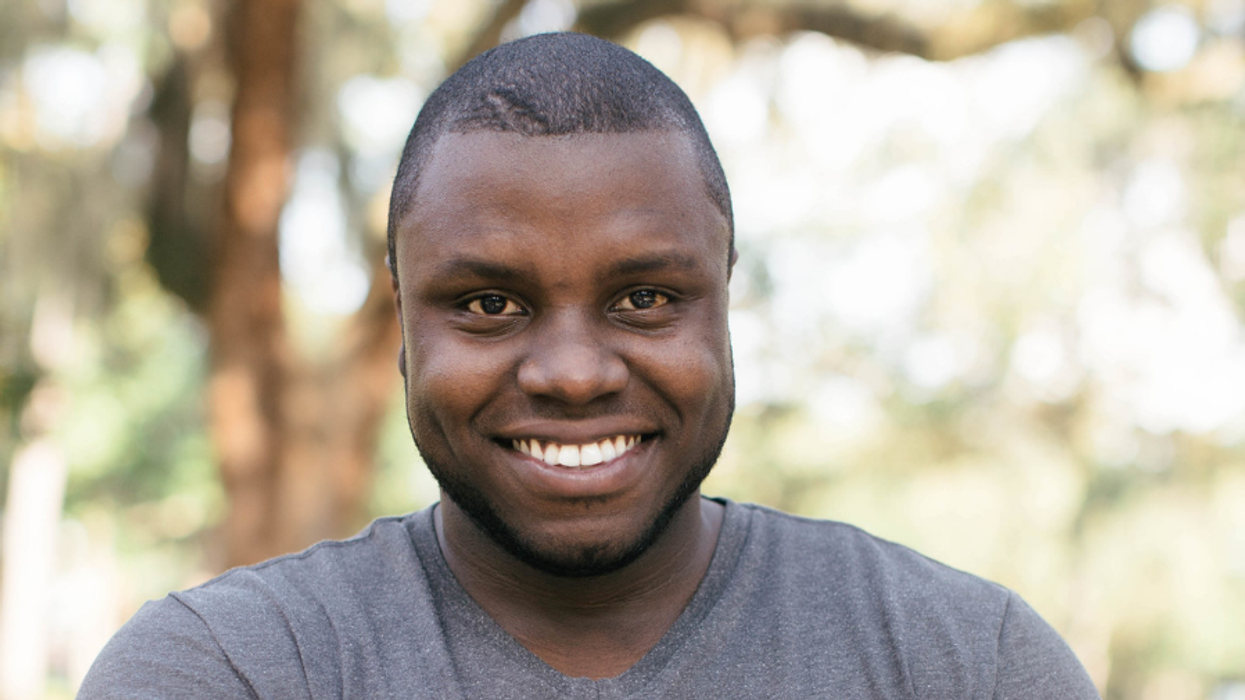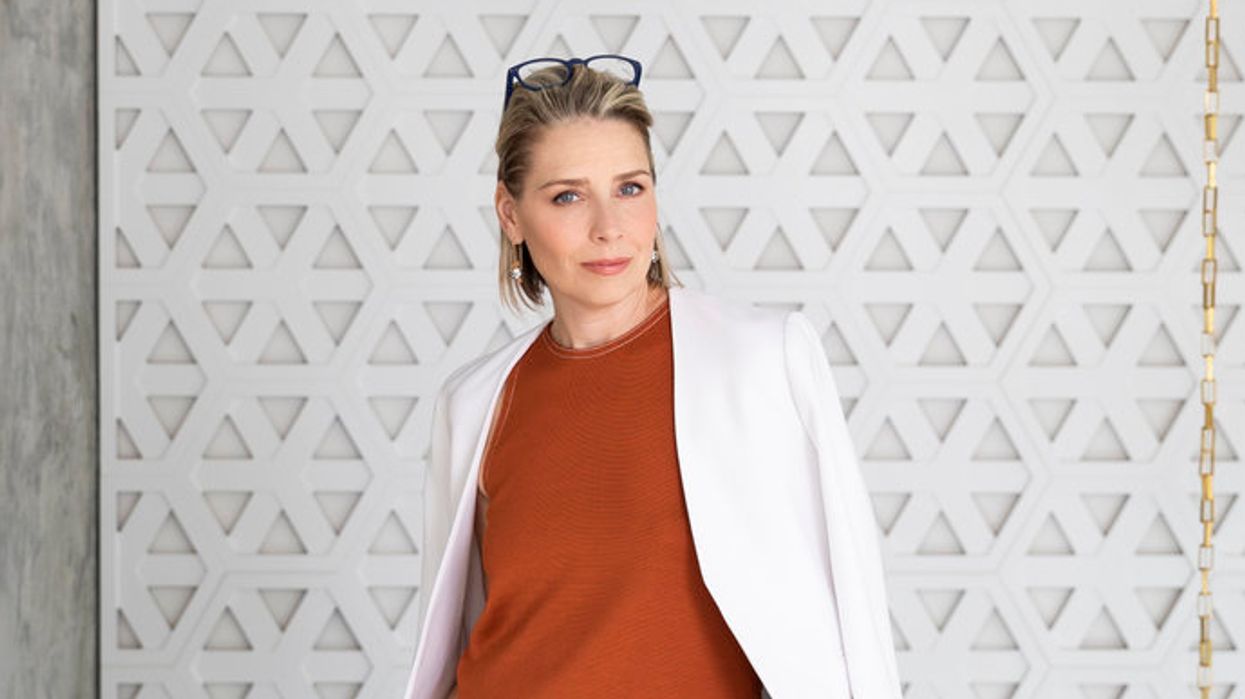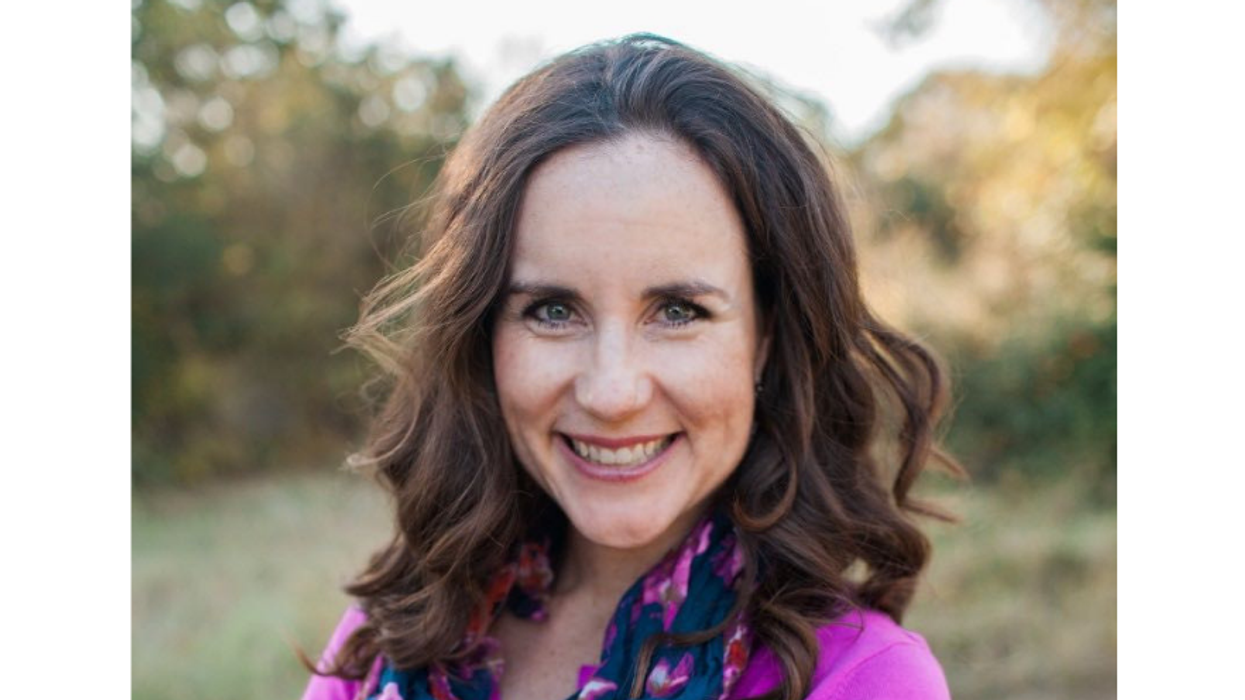What if retaining one architecture company gave you access to dozens more? That's the idea behind LUCID, an architecture and design collective that Lisa Pope Westerman, formerly of San Francisco-based Gensler and New York City-based rockwell group, launched in Houston this year.
LUCID is a collective of architects and boutique architecture firms that specialize in at least one of the following property types: hospitality, retail, mixed-use developments, high-rise residential, and wellness developments. When clients retain LUCID as their designer or architect, they're given access to the firms and individual architects who are best suited for the job. Currently, LUCID is composed of roughly 40 total architects coming from several architecture and design firms, including Chicago-based PinPoint Collective, Houston-based gin design group, and New York-based Glen & Co. architecture.
"People have referred to us as 'the WeWork of architecture,' or 'the Uber of design,'" Pope Westerman says. "We think that in 10 years, this is how the world will just be working."
Pope Westerman spoke with InnovationMap about launching LUCID, Houston's unique design community and how the architecture industry continues to innovate.
InnovationMap: When did you start planning LUCID?
Lisa Pope Westerman: I really started thinking about it in beginning of 2018, and working on it middle of 2018, and making sure the initial groups we started with are a good fit. It's been nothing but wonderful. Everyone's smarter than me, and brings such a unique perspective to the group for various reasons. Not everyone is an architect or an interior designer – the intent is to be really nimble and flexible. We're bringing a lot of unique specialists. We have branding, graphic design, and a strategy group that is just amazing.
We're looking to, as a group, not just be innovative, but have innovation in all the different types of things [we offer], including our process. We believe that the world of design is going to be much more than visual, and that we really need to be thinking about all the senses, like touch and smell and [hearing]. Just typically, everything's visual, and [the other senses] have been secondary.
IM: How did LUCID find the architects and architecture firms that compose the collective?
LPW: The original of roughly 40 people are people I've worked with over the past 20 years. That's how we got things started. I've basically been involved in every size company imaginable: from a one-man show, to the largest design firm in the world, Gensler. The intent of the model is to create something where there's a parent brand that feels like a very large company, and we're essentially an umbrella, and within us are all the other wonderful boutique specialty brands.
IM: What kinds of architecture firms does LUCID work with?
LPW: Most of the firms affiliated with us are around a dozen people. We find that's the right size of people that are highly specialized, super talented, and able to maintain the [high] quality level.
IM: Tell me a bit about LUCID's business model.
LPW: So, we facilitate everything, and that's how [LUCID] is compensated. So, we essentially facilitate in bringing the companies to the client, which is the business development aspect of things. We collaborate on the client management side, so we're still very involved with the clients and the projects. We carry everybody. We help manage all of it, and all of the companies' [projects]. It's a true collaboration.
People truly believe that by being associated with LUCID, they're going to be able to elevate what they've been doing even more. It's important that the companies that want to be affiliated with LUCID are really interested in that.
IM: Can the architecture firms that are a part of LUCID still do work outside of the LUCID collective?
LPW: All the firms connected to LUCID still do their own business. They haven't folded into LUCID and then given up their brand. The intent is that we're celebrating the brands. We like the diversity.
IM: LUCID is currently working on its first project. What information can you share?
LPW: It's in the hospitality industry, and it is a restaurant, bar, event space, and it's for a private club outside of Houston. We started at the beginning of [2019], and we'll be done at the end of the year.
IM: Did LUCID launch with a fund raise? Are you planning a fund raise?
LPW: The front end is really just a shared passion among the companies and individuals that are connected. Longer term, we are interested in even partnering with investors in creating new and different kinds of projects. There are some other firms out there, but not many, that are starting to do that sort of thing … where [the design firm] collaborates with investors and projects, rather than just being hired on as the designer for a project.
IM: How is the Houston design scene different from design scenes around the world?
LPW: Well, I think it's an exciting time for Houston. Especially in our world of lifestyle design, it's the overarching [theme]. We do everything for lifestyle. In Houston, we're really starting to be at the height of this renaissance of bringing just a higher level of appreciation for design. From a lifestyle standpoint, things have been percolating for a while now.
IM: What's a foundational project you've worked on that taught you an essential lesson about design?
LPW: In terms of my Houston project base, certainly the ExxonMobil project was really impactful, because of the scale of the project and all the different participants in it. We collaborated with several other design firms, both in Houston and out of Houston, and not only design firms, but also globally acclaimed artisans. Just at a worldwide level, the caliber of the clients was amazing. It was an incredible experience because of the scale and the success of it. … It was building a city.
------
Portions of this interview have been edited.



